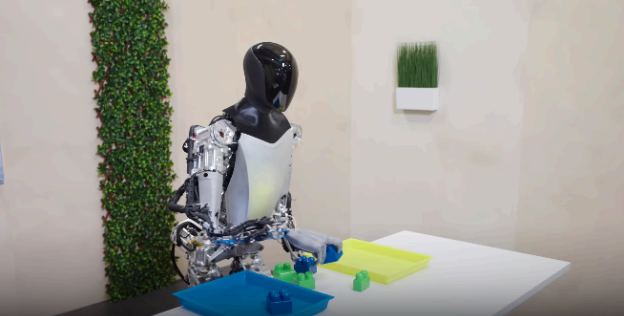Artificial intelligence (AI) stands at the forefront of technological advancement, transforming
industries, shaping societies, and even altering our perception of what is possible. At its core, AI
involves the development of computer systems capable of performing tasks that typically require
human intelligence. These tasks include understanding natural language, recognizing patterns,
solving complex problems, and learning from experience.
The journey of AI began in the mid-20th century, driven by the curiosity of scientists who sought
to understand if machines could think. Alan Turing, a pioneering figure in computing, proposed
the famous Turing Test as a criterion of intelligence, which evaluates a machine’s ability to
exhibit intelligent behavior equivalent to, or indistinguishable from, that of a human. This idea
laid the groundwork for the field of AI research.
Since then, AI has evolved dramatically, powered by breakthroughs in algorithms, computing
power, and the availability of vast amounts of data. Machine learning, a subset of AI, has
emerged as a particularly potent area of research. It involves training computers to learn from
data, improving their performance on specific tasks over time without being explicitly
programmed for those tasks. Deep learning, a further specialization within machine learning,
has enabled even more remarkable advancements by using neural networks with many layers
to analyze complex patterns in large datasets.
AI’s applications are vast and varied. In healthcare, AI algorithms can analyze medical images
with greater accuracy than human radiologists, aiding in the early detection of diseases like
cancer. In the automotive industry, AI powers the development of self-driving cars, promising to
revolutionize transportation by improving safety and reducing traffic congestion. In the realm of
consumer technology, personal assistants like Siri and Alexa have brought AI into our homes,
responding to our commands and learning from our preferences.
However, the rapid growth of AI also raises significant ethical and societal concerns. Issues of
privacy, security, and the potential for job displacement loom large. The development of
autonomous weapons and the risk of AI-enhanced cyberattacks add to these concerns,
highlighting the need for robust ethical frameworks and regulatory oversight.
As we stand on the brink of what some call the fourth industrial revolution, it is clear that AI will
continue to shape our world in ways we are only beginning to understand. The future of AI offers
both exciting possibilities and formidable challenges, demanding a balanced approach that
maximizes the benefits of AI while mitigating its risks. The journey of AI, from a curiosity to a
transformative force, underscores humanity’s relentless pursuit of knowledge and the endless
possibilities of the technology we create.

